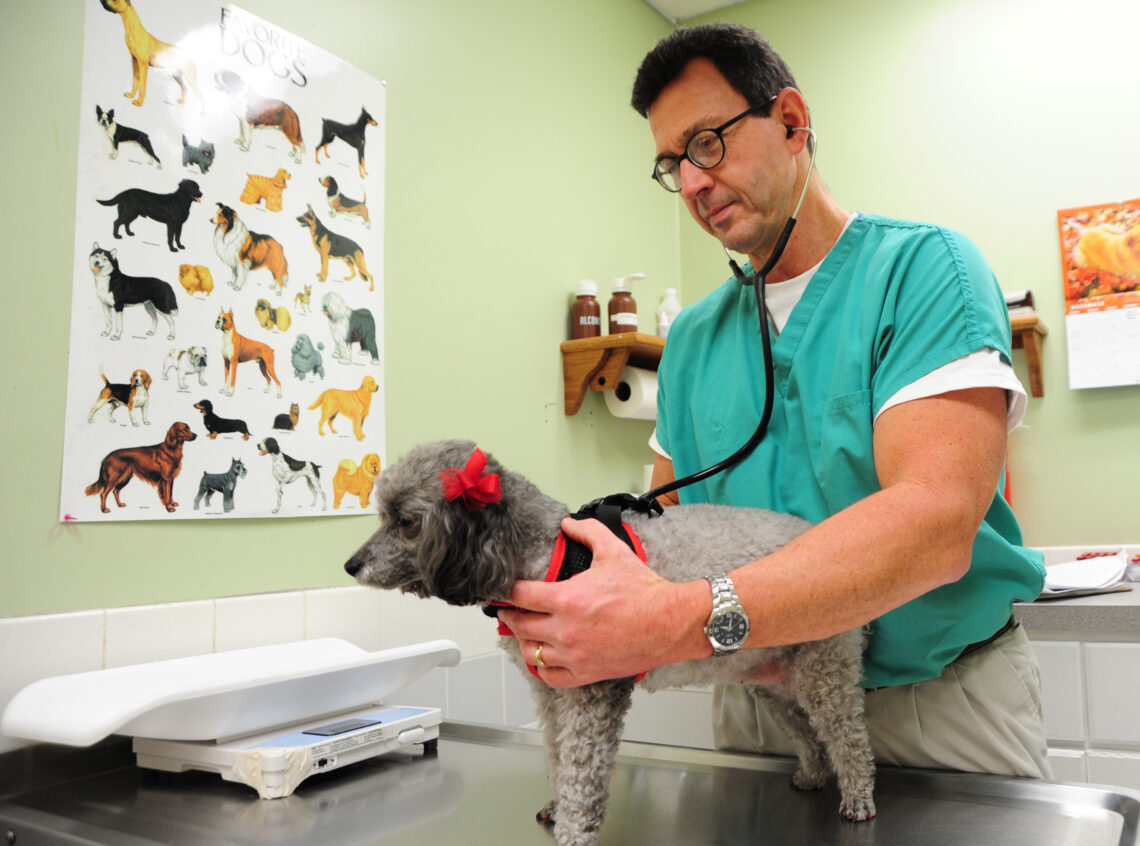Several bills are being introduced in the Florida Legislature that would affect the treatment of pets, including SB 1044, HB 621, HB 241 and SB 1082.
According to the American Veterinary Medical Association (AVMA), the National Incident Based Reporting System (NIBRS) through the FBI reported 3,200 cases of animal cruelty in 2017. Agencies using NIBRS represented just 32% of the US population in 2017.
SB 1044 and its companion bill HB 621 address several points related to animal cruelty, such as the responsibilities of veterinarians in the case of suspected animal abuse. It is being introduced by Sen. Pizzo, D- Fla and is currently on the agenda of the Senate Judiciary Committee.
This bill is vernacularly referred to as “Allie’s Law,” named after a Boston Terrier who was saved from animal abuse. SB 1044 will require licensed veterinarians to report knowledge or suspicion of abuse toward a dog or cat within 48 hours. Vets should report this information to local law enforcement or an animal control agency.
Additionally, employees and volunteers at veterinarian facilities and animal shelters must report suspicions of abuse toward dogs or cats within 24 hours to a vet. This vet must then examine the pet for abuse within 24 hours. If the owner does not cooperate or the vet cannot examine the animal, then the vet must report the suspected abuse to local law enforcement or an animal control agency.
Employees and volunteers of veterinarian facilities and animal shelters are exempt from civil or criminal liability for reporting suspected animal cruelty. This bill specifically mentions dogs and cats, meaning that it would not necessarily apply to all pets seen by a veterinarian.
The American Kennel Club (AKC) has expressed concern with SB 1044, stating that it is “overly broad” and that it should be amended to exclude bad-faith reports of animal abuse from exemption of liability.
The organization is also concerned about the implications for veterinarians, stating “any shelter volunteer could report suspected animal cruelty to any veterinarian, and thereby obligate the veterinarian to attempt to examine the pet within 24 hours.”
The AKC argues that SB 1044 places undue burden on veterinarians to investigate abuse allegations. This could lead to unsubstantiated allegations to law enforcement if the vet cannot examine the pet within 24 hours as the bill requires.
In addition to SB 1044, HB 241 and its companion bill SB 1082 are being introduced to authorize the court system to make domestic violence injunctions in regards to animals. These bills are amending Florida Statute 741.30. HB 241 is currently in the House Judiciary Committee.
Under these additions, the court can essentially grant exclusive temporary ‘custody’ of an animal that is under the care of the petitioner (the victim of domestic abuse). The court can also order the respondent of the case to have no contact with the animal temporarily.
The previously stated injunctions are additions to those currently in the Florida Statutes. HB 241 does not apply to animals owned for agriculture purposes. If passed, it would only apply to pets.
According to the Humane Society of the United States, pet abuse occurred in 88% of families investigated for child abuse. Additionally, the organization mentions a study found that 71% of domestic violence victims stated that their offender also abused pets.
The bills being introduced are intended to address issues of animal cruelty, whether in a more general sense or in the context of domestic violence cases. The bills’ proponents wish to ensure the humane treatment of household animals and raise awareness for the issues that these bills inherently address.
Featured photo: A veterinarian performing an examination. (Public domain photo by Senior Airman Christopher Stoltz)






One Comment
Papa
I really liked the writing in this article. Using the pros and cons from interested parties and that it could represent some issues with due process says it should not pass. Without even considering the unfunded mandate it places on Vets. Keep up the great work you will get a Pulitzer Prize one of these days! ?